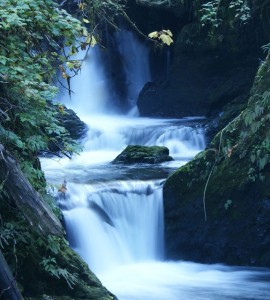Let’s not think right now that disaster will strike or emergencies are on their way. Let’s just think that you are, say, in hunting or fishing trip or you took your friends or family for a ride in the woods. Maybe you run out of gas or something happened that you have to spend some time there – it’s not uncommon. The primary concern should be how to find water in these situations, because water is a primary need, perhaps the most important one. If you are a little informed, you will be able to find water just about anywhere.
In order to survive, a person needs 2 quarts of water daily. Of course, to prevent dehydration you will have to drink about a gallon a day, but 2 quarts will keep you alive. The reason water is essential for survival is that it enables your blood flow, your body functions and the processing of food. Without water, you will last for 3 days but you will feel the negative effects after 1 day.
When dehydration installs, the whole body starts to shut down, one organ after another. First your muscles are deprived of oxygen, then the blood cells start to shrink and it’s all downhill from then on.
How to find water
The first thing you should do is look for a source of water in the vicinity of the place you’re at; it can be a lake, a spring or a river. Water makes sounds, so always stop and listen if you hear water flowing anywhere. Another sign is vegetation; usually there are green spaces near water.
Another sign you should follow is animals; they live in the wild and they know where to find water. If you see animals and insects where you are, it means you will be able to find water nearby. Insects gather near a water source, usually in the morning and in the evening. Birds are also a good sign.
If it rains, then you’re in luck. Rain water is usually safe; there are occasions when the rain water might be contaminated, but this happens very rarely. Don’t be alarmed if it tastes differently, this is normal as it’s not coming from the ground so it’s not rich in minerals. Make sure to use containers or a poncho to gather rainwater.
Stay tuned for the second part on how find water in nature when you’re stranded in the wild.



No comments yet... Be the first to leave a reply!